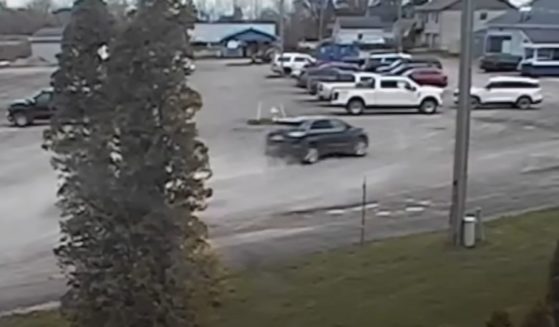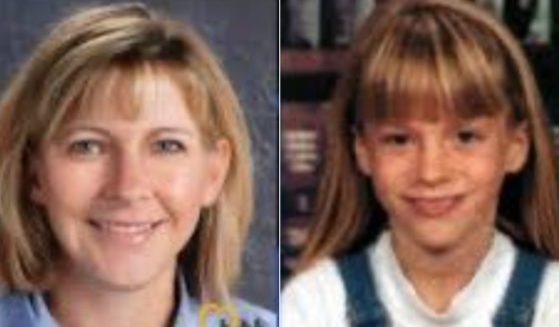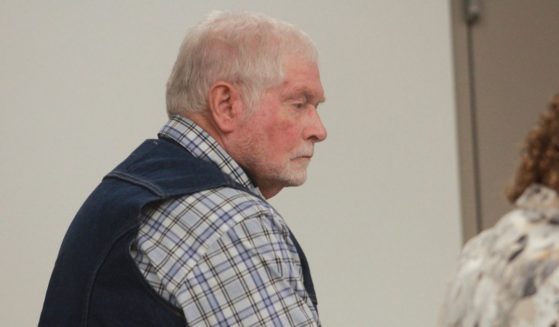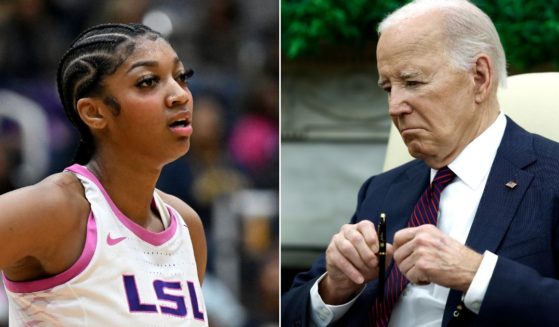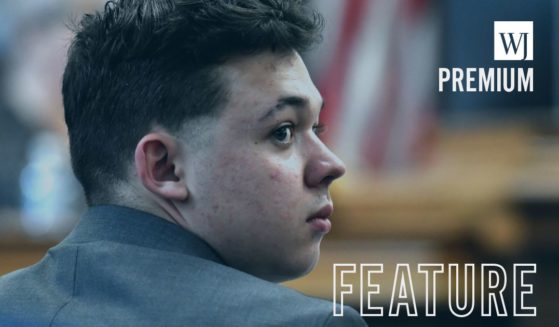Following Bombshell Report, AZ Attorney General Directs Maricopa County to Turn Over Mail-In Ballot Signature Files
The Election Systems Integrity Institute released a report this month concluding that the Maricopa County, Arizona, mail-in ballot signature verification process used during the 2020 general election was deeply flawed.
The study, overseen by systems engineer Shiva Ayyadurai, found that the county allowed approximately 200,000 ballot envelopes with mismatched signatures to be forwarded for counting without further review.
Ayyadurai, who has multiple degrees from the Massachusetts Institute of Technology, testified last fall before the Arizona Senate regarding the findings of the Maricopa County 2020 general election audit.
Based on the findings of ESII’s recently released study, the Arizona Attorney General’s Office sent a letter to the Maricopa County recorder and the Maricopa County Board of Supervisors requesting the voter signature files along with other information.
“In the study, it is alleged that over 250 of those sampled ballot affidavits on the envelopes to did not appear to match the voter’s signatures,” Assistant Attorney General Jennifer Wright, with the office’s Elections Integrity Unit, wrote in the letter.
In order to assess the issues raised by the ESII report, the AG’s office requested “copies of all the signature exemplars in the voter’s registration file.”
Wright also sought information on the procedures used by the county in determining whether the signature on the mail-in voting envelope matched the one of file with the county, thereby either allowing the ballot to be counted or moving it through the “curing” process to try to verify the identity of the voter.
On Sunday, Arizona Senate President Karen Fann, a Republican who commissioned the Maricopa County 2020 general election audit, tweeted a copy of Wright’s letter, which was dated March 9, and asked, “What are they hiding now?”
Looks like Maricopa BOS doesn’t want to comply with AG’s request for documents. What are they hiding now? pic.twitter.com/Ar7XQlxj9T
— Karen Fann (@FannKfann) March 20, 2022
In an interview this month, Ayyadurai told The Western Journal that the county never turned over the signature files to the Senate, so ESII conducted its signature verification study by matching 2,700 ballot envelope signatures against those on file with the Maricopa County Recorder of Deeds.
Megan Gilbertson, communications director for the county’s Elections Department, said in an email to The Western Journal on Thursday, “Voter signatures and ballot envelopes are not public record. We have not released this protected voter information to any organization other than the Arizona Senate as required.”
Gilbertson’s statement seemingly contradicted Ayyadurai’s assertion that the Senate did not have the files.
The Western Journal has reached out to the county and Fann for further clarification.
ESII researchers reported that 11.3 percent of the approximately 1.9 million mail-in ballots should have gone through the curing process, rather than the 1.31 percent that did.
That translates to more than 215,000 needing to be cured versus the “upwards of 25,000” identified by Maricopa County.
“I found it fascinating that they didn’t give us an exact number. They just said up to 25,000,” Ayyadurai told The Western Journal, noting the county called it a “rigorous signature verification process.”
“So the bottom line is this, that if you’re doing curing, that means for every cured envelope, there should be the verified and approved [one]. That’s what they’re saying,” he added.
“Which means you should know exactly how many were cured. Why did you say, ‘Upward of 25,000’? Because we found out exactly 17,126 were duplicate images, that means we definitively know how many were cured. Why isn’t the county saying exactly how many were cured?”
Maricopa County said it rejected only 587 ballots of those that went through the curing process. In other words, just 0.03 percent of the 1.9 million mail-in ballots cast were not allowed to be counted.
Former President Donald Trump said in a Monday statement, “Arizona Senate President Karen Fann is asking the exact right question about the corrupt Maricopa County Board of Supervisors, ‘What are they hiding now?'”
NEW!
President Donald J. Trump:
“Arizona Senate President Karen Fann is asking the exact right question about the corrupt Maricopa County Board of Supervisors, “What are they hiding now?”
Based on the already released information regarding the Rigged and Stolen 2020… pic.twitter.com/G2f3MJWDSs
— Liz Harrington (@realLizUSA) March 21, 2022
Citing what he called the county’s “disgusting refusal” to turn over documents, Trump said, “Now is finally the time for the Arizona Attorney General to issue warrants and take his investigation to the next level.”
“The American people deserve answers, and there is no time to waste!” he said.
It should, however, be noted that no information has been disclosed regarding whom any of these ballots was cast for. Therefore, even if all 200,000 ballots in question were to be thrown out — a highly unlikely proposition — there is no way to know whether the outcome of the Arizona election would be changed.
“This has never been about decertifying the electors,” Fann told The Western Journal last year. “This is about election integrity.”
Truth and Accuracy
We are committed to truth and accuracy in all of our journalism. Read our editorial standards.

